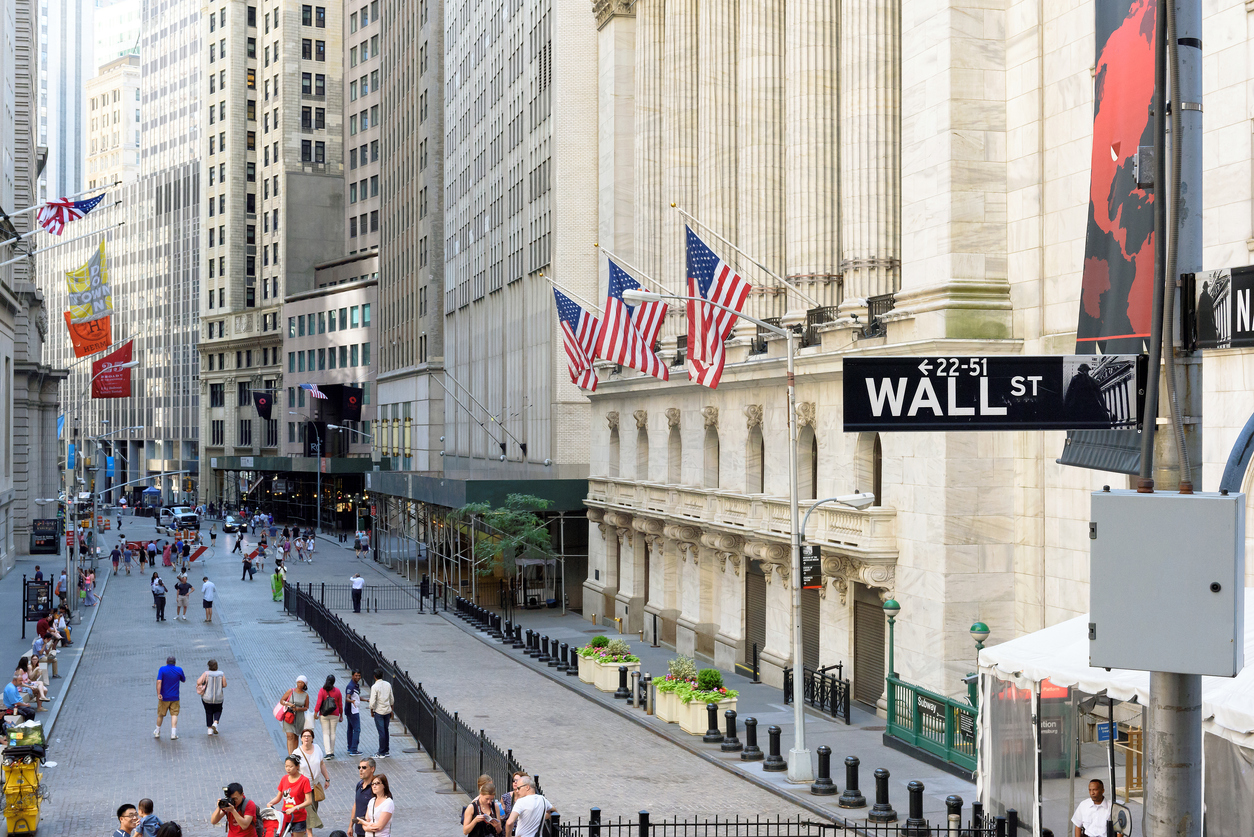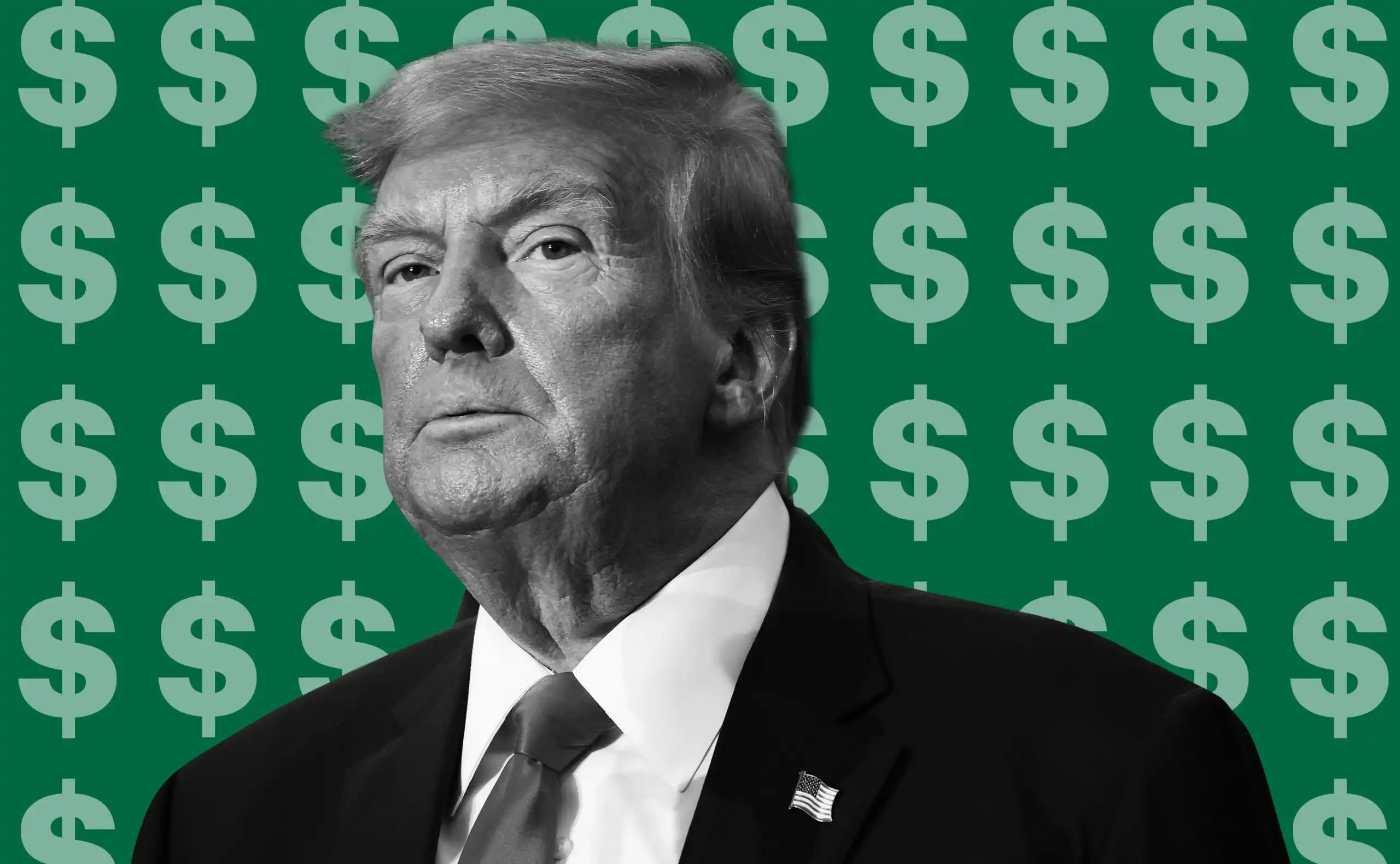Donald Trump’s attempt to fire Federal Reserve Governor Lisa Cook has sent shockwaves through Washington and Wall Street, threatening to upend a century of central bank independence.
It’s one of the most dramatic standoffs in modern US economic history: President Donald Trump says he’s firing Federal Reserve governor Lisa Cook. She insists she’s staying put—and is even threatening legal action. Whether this unprecedented showdown ends up in the US Supreme Court or fizzles out in political stalemate, the implications for the Federal Reserve’s independence—and by extension the global economy—are profound.
According to BBC News, what makes this moment so unusual is not just the scale of the confrontation, but the way it strikes at the Fed’s credibility as an independent institution, a pillar of US financial stability since 1913.

Federal Reserve Governor Lisa Cook testifies before Congress, defending her position amid President Trump’s unprecedented attempt to remove her.
Why Trump Is Targeting the Fed
For months, Trump has demanded aggressive interest rate cuts, arguing that cheaper borrowing would boost growth and ease the government’s financing costs. He has repeatedly blasted Fed Chair Jerome “Jay” Powell, at one point calling him a “numbskull” for failing to move quickly enough.
Presidential clashes with the Fed are not new—Lyndon B. Johnson once shoved Fed chair William McChesney Martin against a wall during an argument about rates in the 1960s—but Trump’s campaign goes further. Unlike past presidents who criticized Fed decisions, Trump appears determined to reshape the central bank itself by removing governors who don’t align with his political outlook.
ABC News reports that economists feel that this could blur the line between politics and monetary policy, undermining trust in the institution that sets the world’s most influential interest rates.
A Quick Primer on the Federal Reserve
The Fed was created in 1913 to stabilize the financial system. Since the late 1970s, its dual mandate has been to maintain price stability and maximize employment. Crucially, it has always been independent from the White House and Congress.
This independence allows the Fed to raise or cut rates based on economic fundamentals, not short-term political gain. Economist Claudia Sahm told BBC News that the Fed’s autonomy “exists for moments like this,” when political leaders demand quick fixes that might damage long-term stability.

Wall Street reacts cautiously as investors weigh the potential impact of Trump’s clash with the Federal Reserve on markets and interest rates.
Why Independence Matters
Cutting rates under political pressure might seem attractive in the short term, offering a sugar rush of growth. But the long-term risks are severe: entrenched inflation, volatile “boom and bust” cycles, and weaker credibility in global markets.
Former Fed chair Ben Bernanke warned in 2010 that political interference could make inflation harder to control and destabilize financial markets. Investors worldwide rely on US Treasury bonds as a safe-haven asset. If doubts arise about the Fed’s independence, America’s borrowing costs could surge, with ripple effects across global finance.
The Market Response So Far
Financial markets have been cautious but not panicked. Stock indexes like the S&P 500 were largely unchanged, as traders remained focused on corporate earnings such as Nvidia’s results.
The dollar initially fell on Trump’s announcement but later recovered. The bond market, however, reacted more sharply: yields on the 30-year Treasury bond rose, reflecting higher perceived risks. Betting platforms like Kalshi and Polymarket currently assign low odds to Trump successfully removing Cook, but analysts at Evercore ISI argue markets have not “properly priced” the risks of political interference according to Bloomberg.

President Donald Trump’s bonds have made him millions of Dollars since taking office.
Historical Context: Other Presidents vs. the Fed
Trump is not the first president to try to influence central bankers. Richard Nixon reportedly pressured Fed chair Arthur Burns to keep rates low before his re-election in 1972, fueling inflation that spiraled into the 1970s stagflation crisis.
What sets today’s clash apart is Trump’s direct attempt to remove a sitting governor—a move without precedent in modern history. If successful, it could embolden future presidents to stack the Fed with allies, stripping it of its neutral role in economic management.
What Happens Next?
Lisa Cook has vowed to resist dismissal, and legal experts suggest the matter could escalate to the courts, possibly the Supreme Court. The uncertainty now revolves around whether the legal framework even permits a president to unilaterally fire a Fed governor.
If the challenge proceeds, markets could quickly lose patience. A loss of trust in the Fed’s independence could mean higher borrowing costs for the US government, more expensive mortgages for households, and volatility across global financial markets.
FAQs (People Also Ask)
Can a US president legally fire a Federal Reserve governor?
No president has successfully done so. Fed governors are appointed for 14-year terms to shield them from political cycles. Whether Trump has such authority may ultimately be decided by the courts.
How would Trump’s dismissal of Lisa Cook affect ordinary Americans?
If it undermines confidence in the Fed, borrowing costs—from credit cards to mortgages—could rise, and inflation expectations could become unstable.
Why do investors care so much about Fed independence?
The Fed controls the dollar’s interest rates, and US Treasury bonds are the backbone of global finance. A loss of credibility would raise global borrowing costs and destabilize financial markets.
Could this clash set a precedent for future presidents?
Yes. If Trump succeeds, future presidents might try to dismiss Fed officials for political reasons, fundamentally reshaping how US monetary policy is managed.
Conclusion: A Test of America’s Economic Foundations
The showdown between Donald Trump and the Federal Reserve is more than a Washington power struggle—it’s a stress test of one of the cornerstones of modern capitalism. For over a century, the Fed’s independence has been a bedrock of global economic stability. Now, that principle hangs in the balance.
Whether the courts intervene, or markets themselves impose discipline, the outcome will echo far beyond Washington. The stakes are nothing less than the credibility of the world’s most powerful central bank.














